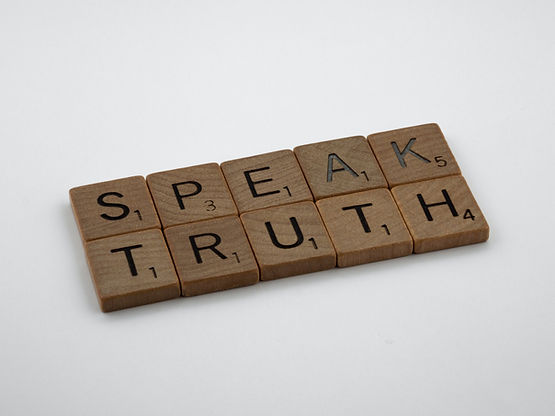Why Can’t I Let This Go? How to Let Go of the Past & Release What’s Not Serving You
Why Do We Hold Onto What No Longer Serves Us?
As we grow up, we accumulate things—objects, habits, and beliefs. When we move, we see just how much we’ve been holding onto. Psychologically, the same thing happens. From an early age, we absorb ideas about who we’re supposed to be and how the world works. We collect coping mechanisms, thought patterns, and emotional responses, often without realizing it. And we don’t think about how to let go, because as little people, we don’t have a past to let go of.
Over time, however, these collections shape how we interact with ourselves and others. But what once helped us survive may no longer serve us in the present. Learning to let go of the past requires understanding what we’re holding onto and why.
When Old Coping Mechanisms Stop Working: Learning How to Let Go of the Past
“I’m so angry! I just want to hit something!” my client screamed. Tears welled in her eyes as she clenched her fists, trying to hold back the flood. But the emotion was too strong. “I don’t know what to do! I want to run away! When I was a child, I’d escape to the forest, to my quiet place. As I got older, I used drugs and smoked. Last night, I smoked three cigarettes. I can’t believe I did that to myself. I haven’t smoked in more than 15 years!”
She gasped for breath between sobs. I handed her a tissue. “Breathe,” I said softly. “You didn’t hurt yourself. You’re here, which tells me you want to feel better. You want to change.”
Fifteen years ago, smoking helped her cope. It provided relief without immediate consequences. But now, it felt harmful and out of alignment with her values. Recognizing this shift showed she was ready to let go of the past and build new coping skills.

Recognizing When Old Patterns No Longer Fit
I recently pulled out my old running shoes. ‘I’ll give them a try,’ I thought. After my run, my knees ached.
Emotionally, our past coping mechanisms can function the same way. Someone struggling with disordered eating may only realize midway through a binge that they’re using an old behavior to numb a painful emotion. A husband who avoids difficult conversations with his wife learned as a child that expressing emotions led to rejection. Avoidance worked then, but now, it damages his marriage.
How Perfectionism Took Hold in My Life & How I Learned to Let Go of the Past
As a child, I believed perfection earned respect and admiration. Achievements validated my worth. I worked hard, got straight A’s, and won scholarships. My focus was on control and accomplishment.
Then, in college, everything changed. A single comment—“Aren’t exercise physiologists supposed to be in better shape?”—ignited an unhealthy quest for thinness. My old beliefs about perfection took on a new form, leading to a year of anorexia. What I had collected as a child no longer served me.
Even now, in moments that remind me of past criticism, I feel the pull of those old beliefs. But now, I catch myself. I remember where I’ve been. I reparent the part of me that still craves approval and love. This is how I continue to let go of the past.
The Power of Examining Our Emotional Collections
For my client, showing emotion was once forbidden. Trauma taught her to suppress feelings to stay safe. Now, as she learns to express them, her old fears resurface—telling her she is weak, unworthy, or in danger.
But she’s learning to challenge those voices. She’s proving to herself that she can speak, feel, and still be safe. Her old beliefs won’t vanish overnight, but with time and effort, she’s learning to let go of the past and embrace new ways of being.
Letting Go Doesn’t Mean Forgetting
When we feel exhausted—emotionally or physically—our old coping mechanisms often resurface. They whisper, “You have options!” But we also know the cost of indulging them. They once protected us, but now, they may hold us back.
Letting go of the past doesn’t mean erasing it. We must reveal, examine, and reevaluate what we’ve collected. This process takes time. It involves grieving, decluttering, and redefining what truly belongs to us.
As Iyanla Vanzant says, “Who I am is not who I used to be, but who I am is all of who I used to be.” Our past is a guide, not a prison. When we do the work, we gain the power to create something new.






